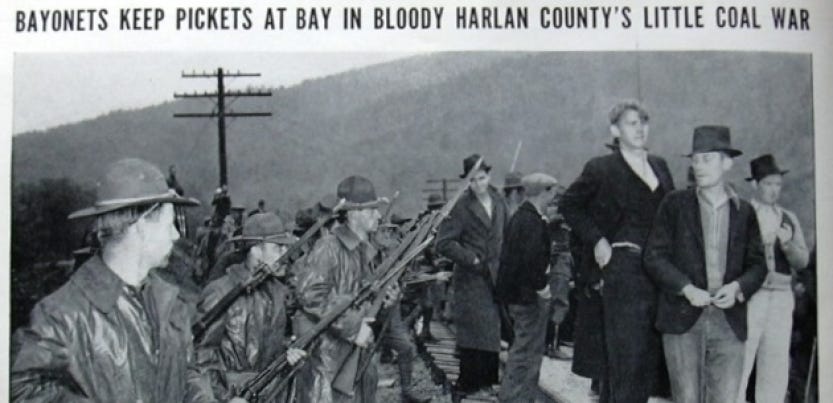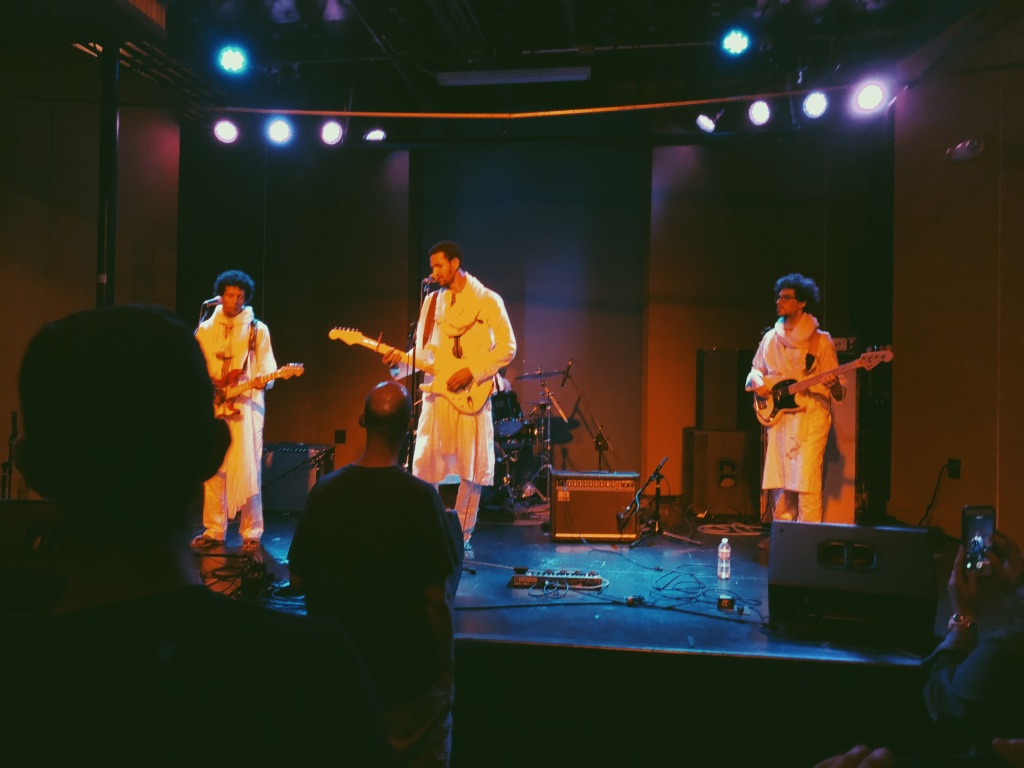Not writing
The weekly digest: August 28, 2019
If humans could hibernate, then we’d curl up into August as our bed. It’s the doldrums of summer when emails feel particularly pesky, obligations optional, and leisure mandatory. It is a time for lethargy, for dragging one’s feet, for hitting snooze. It’s about wringing the last excesses of loooong days out before work and school and the imperative to wear business casual clothing descends. September, for me, is always a more reliable new year than January.
So, yeah, August closes summers and heralds fall, which feels apt, because so much of my life these days feels like a closing of one season and the arrival of the next.
Some of that is personal. My life of living out of two backpacks for the past few months has now come to a close. I’m bunkered down at my parents’ apartment in Orange County, working a new job as a producer for a poetry podcast, finishing up drafts of articles, and organizing my move to New Orleans. My days are full of Craigslist and treadmills and futon sleeping and venti black iced teas with no sweetener, please’s. It’s a lot of waiting around for the next thing to happen, which, for me, is moving to New Orleans.
But some of this feeling is not explicitly personal though. And maybe because it is the end of summer — which seems to always be sunnier, stickier, sweatier, more similar to how I imagine hell than any other month of the year — the end of the world has been on my mind.
For those of us who live in the over air-conditioned First World, as it has been called, does this summer not feel like standing on the other side of a threshold called climate apocalypse? It’s not just the Amazon is burning and a hurricane is heading for Puerto Rico and and and, it’s that these world-ending events have become everyday occurrences, barely sensational content to be churned out by the news media that we can solemnly caption, “This is climate change",” then proceed with our days. A certain degree of apathy is necessary to emotionally function on a given day.
Amitav Ghosh has written about how climate change reverses the temporal order of the standard World Bank development narrative: Where typical “development” narratives suggest that the Global South is living in the past, eager to catch up to the advances of the Global North (first comes industrialization, then comes technological disruption! 🙄), the narrative of climate change is one in which looking to the Global South gives us insight into our future. Places in the Global South, like Bangladesh, like Nigeria, like Brazil, have experienced the explicit effects of climate change already, and those effects are coming, have come, for us, too.
Of course, such frameworks are rudimentary and while climate change is totalizing — environmentally, politically, economically — some of our climate frameworks in their quest to be similarly totalizing ignore the intersection of a whole host of material differences that make climate change far more scary for one person or collective of workers or ecosystem over another. It doesn’t necessarily break cleanly across a Global North/Global South divide, no matter how politically satisfying that might be.
All this to say: this summer in particular has felt, to me, like climate change is lapping at the shores of our privileged coffers at a much higher tide than it has before. Of course, it’s always been there, it just feels more and more ethically untenable to pretend otherwise — which is less an expression of the intensity of a climate change as such than it is an expression of the intensity of the conditions that are both cause and effect of climate change: a global economy built from fossil fuels, perpetuated by exploitation and inequality.
Privilege insulates many of us from climate change’s most adverse effects, but who we can draw that circle of “privilege” around is becoming a smaller and smaller group. Maybe what I am feeling is less about the reality of climate change and more about the reality of my class position. I am not as insulated as I imagined as I was, in spite of the Elite Private Schools and Frequent Flyer Miles and Gym Memberships. Maybe what I am realizing is just how attached I am to the status quo, a status quo predicated on the aforementioned global economy built from fossil fuels, perpetuated by exploitation and inequality, etc.
I don’t know what to do with this recognition. Buy carbon offsets? Go vegan? Abandon plastic? All probably the ethically correct way to go about things. But having a personal existential crisis about the state of the world is pretty ineffectual. Individual choices matter for individual ethics, but climate change is not a problem of individual choices. Foregoing straws won’t save us from climate change.
These are the things I’m thinking about less than a week after the death of David Koch whose money has undermined and will continue to undermine our democratic fight against climate change, so long as the status quo continues. When the landscape and construction workers are outside massively air-conditioned casino-mall-hotels of Las Vegas, laboring in temperatures well above 100 degrees. When it feels just a smidge too hot to be outside even in temperate California. It’s more tempting to hibernate.

reading
Confraternities in Nigeria. A history of Harlan County, USA. How otherwise successful media companies are being torn apart by private equity vultures. The anthropology of karaoke. Arundhati Roy on Kashmir. The straight line from the plantation to capitalism today. This WILD interview with Nicholas Cage. Kochland.

listening
Rough Translation’s "The Search, Part 1 and 2 about a photojournalist who goes missing in Iraq.
This is Love’s Everything Floats about Peggy Guggenheim and Venice.
Mdou Moctar’s Ilana the Creator. (The shot above is from his show at King’s in Raleigh. I never missed a chance to watch him play. He is so much fun to watch perform!)
Anne Boyer, “Not Writing” from Garments Against Women:
When I am not writing I am not writing a novel called 1994 about a young
woman in an office park in a provincial town who has a job cutting and
pasting time. I am not writing a novel called Nero about the world's richest
art star in space. I am not writing a book called Kansas City Spleen. I am
not writing a sequel to Kansas City Spleen called Bitch's Maldoror. I am not
writing a book of political philosophy called Questions for Poets. I am not
writing a scandalous memoir. I am not writing a pathetic memoir. I am not
writing a memoir about poetry or love. I am not writing a memoir about
poverty, debt collection, or bankruptcy. I am not writing about famil
court. I am not writing a memoir because memoirs are for property owners
and not writing a memoir about prohibitions of memoirs.
